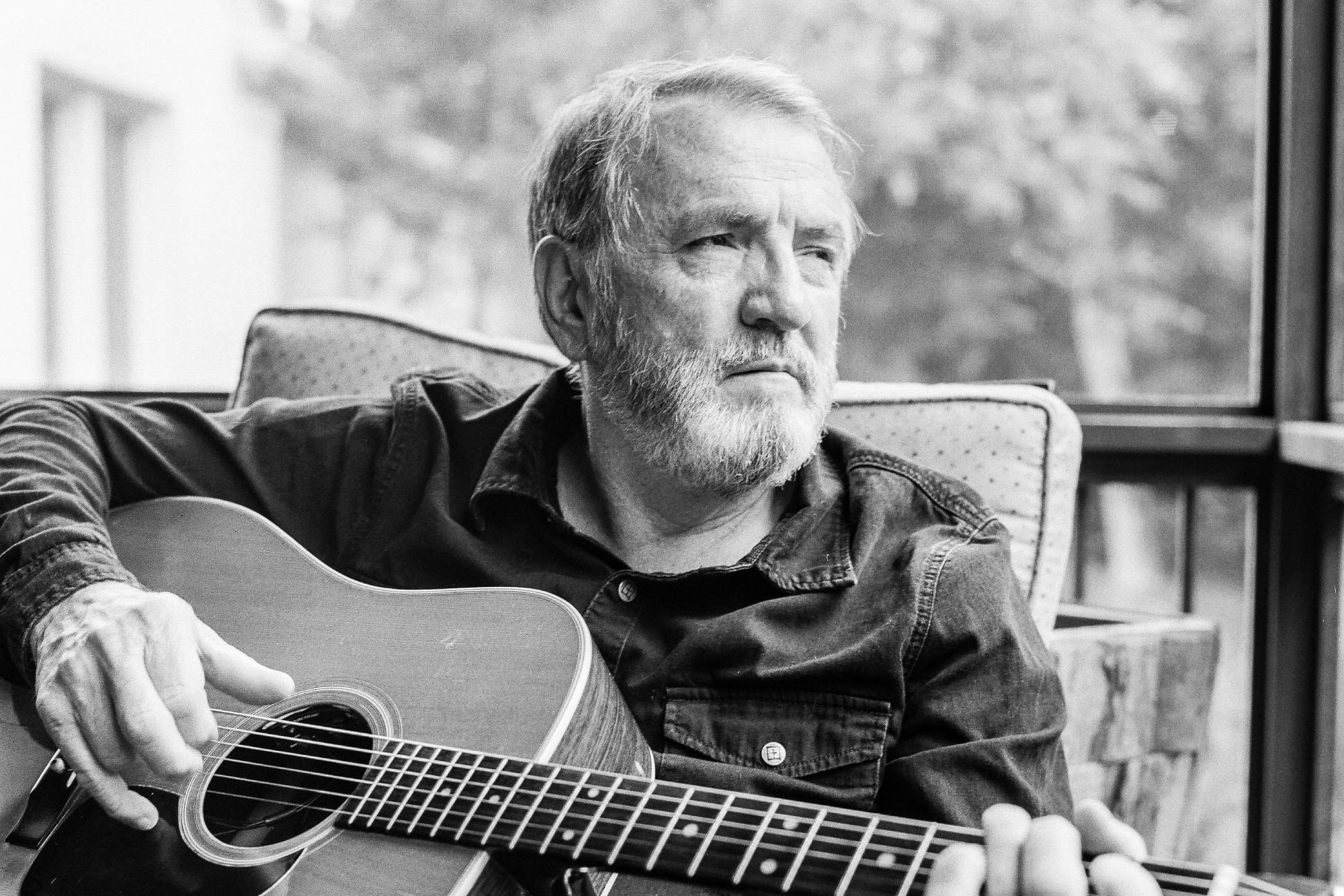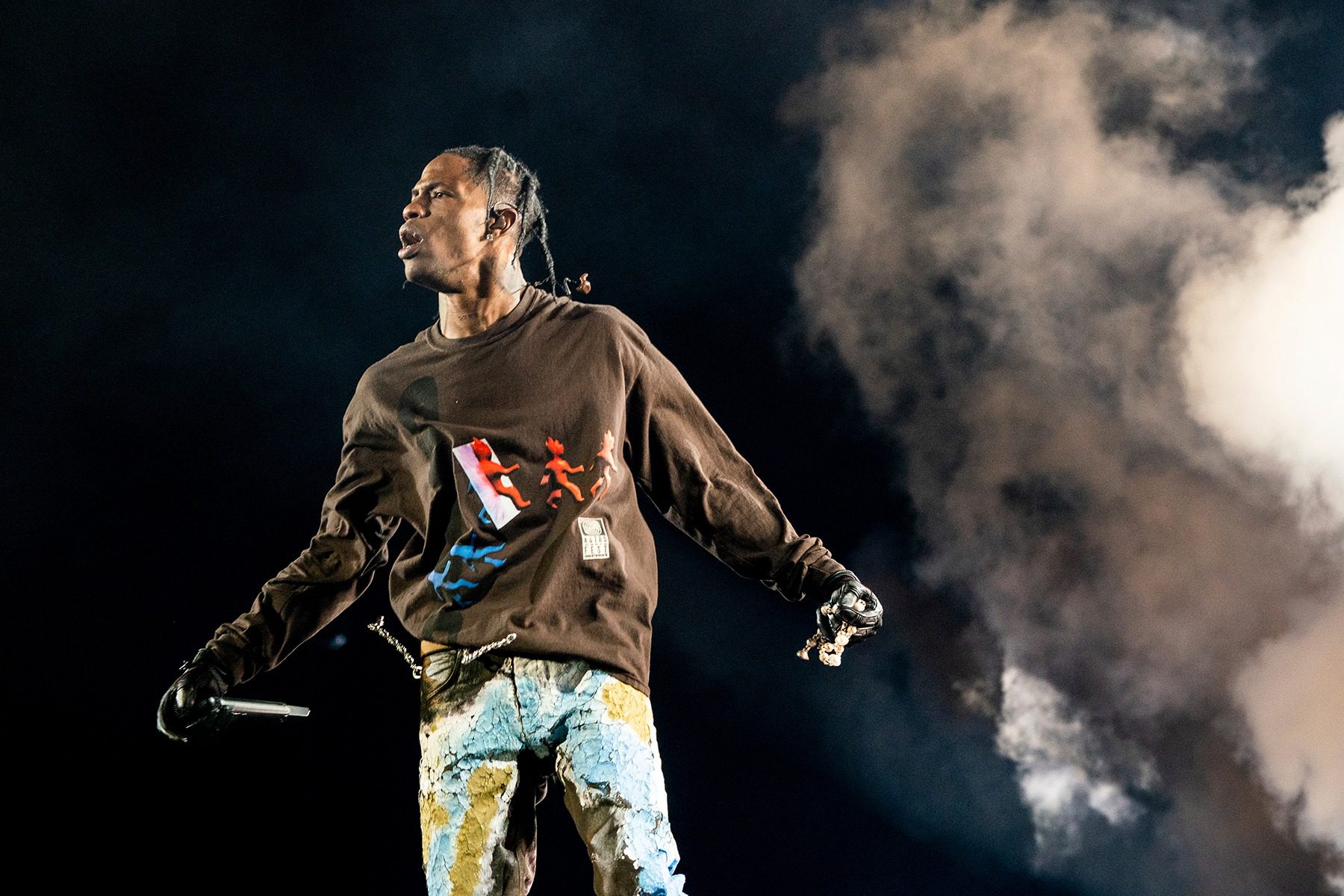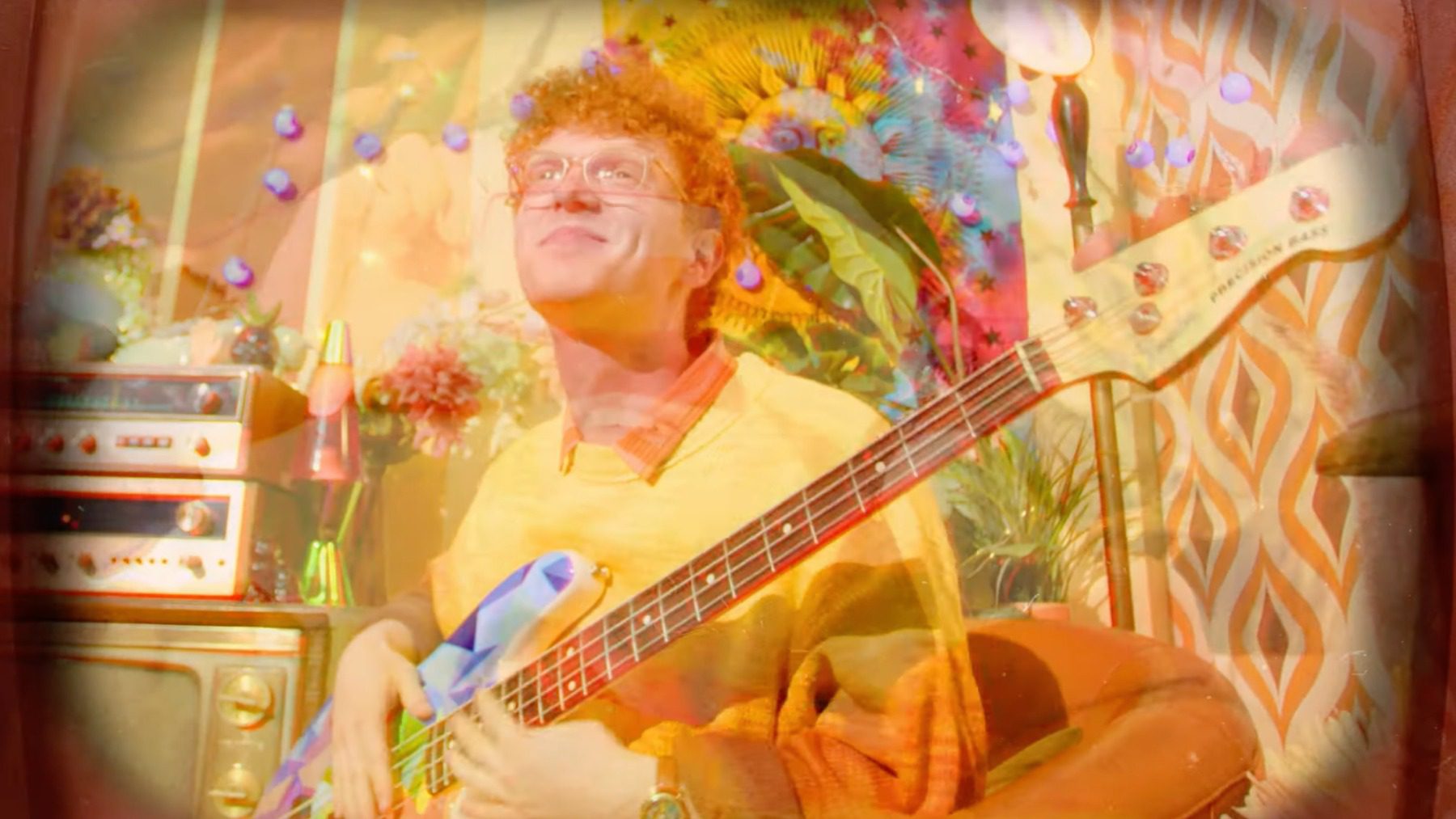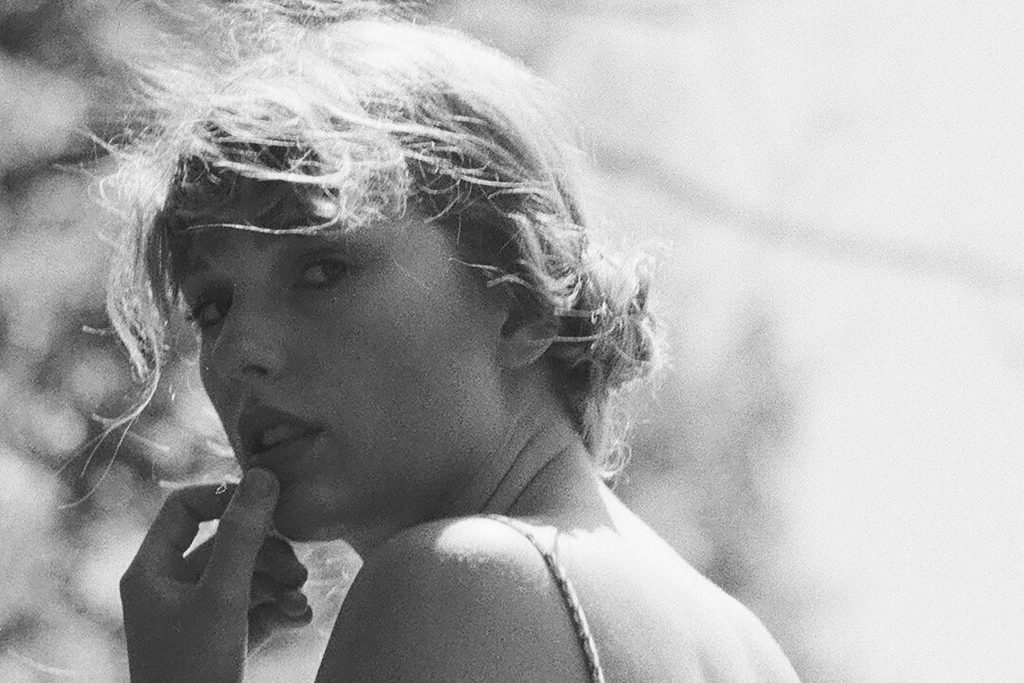
Ruston Kelly Produced His Father Tim’s Debut Album: ‘It’s a Masterclass in Classic Songwriting’
Ruston Kelly can still vividly recall hearing his father Tim sing and perform for the family when he was younger. It had an impact that’s being felt all these years later, when the younger Kelly is a working singer-songwriter with successful solo albums and tours to his name.
“That’s the reason I even play music,” Ruston says on a Zoom call with his father and IndieLand. “I’ll never forget hearing him play the song ‘Old Friends.’ Hearing him singing in our living room when I was a kid, it’s like the whole world went mute and I just heard him. I was like, ‘Yeah, I want to do that. Whatever that magic is, I want to do that. Teach me.’”
The wistful “Old Friends,” which Tim wrote when he was 18, is one of many standout moments on his debut album Ride Through the Rain. Lovingly produced by Ruston, it showcases Tim’s skills as a writer and singer, things he’d only hinted at by playing pedal steel on his son’s albums Dying Star and Shape & Destroy.
blogherads.adq.push(function () {
blogherads
.defineSlot( ‘medrec’, ‘gpt-dsk-tab-country-article-inbody1-uid0’ )
.setTargeting( ‘pos’, [“mid-article”,”mid”,”in-article1″,”btf”] )
.setSubAdUnitPath(“music//country//article//inbody1”)
.addSize([[300,250],[620,350],[2,2],[3,3],[2,4],[4,2]])
;
});
Clocking in at nine songs, Ride Through the Rain is an easy listen for an autumn afternoon. Songs aren’t hurried, but they never overstay their welcome. Tim, whom friends call “TK,” gives clear-eyed accounts of family in songs like “Better Man” and “Grandma’s House,” lost love in the acoustic “Free,” and a spot-on description of mulling over a big life decision in “Leave This Town.”
The idea of making big life decisions is a relevant one for Tim, who, although an accomplished musician, worked a day job and raised his family instead of going all-in on his performing ambitions. He doesn’t regret making that call —He now gets to watch his son’s flourishing career and explore his own muse in a situation that isn’t do or die.
“I never thought I would sit in a recording studio with my own son and listen to him,” Tim says.
Ride Through the Rain has personal significance for both men, of course. Younger Ruston may not have been the biggest critic of his dad’s work but now, as an adult who’s come through heavy trials including addiction, he is able to look at the work and view it as objectively good. Hearing those songs come to life in the studio, both old and new, put Ruston back in that place of what he felt as a kid, just hearing his dad sing.
“I can set aside the fact that it’s my dad doing something very amazing, but also realize this is something subjectively amazing that’s moving me as a human being,” he says. “That’s the impetus of wanting to do this with him, which is it’s just fuckin’ good. This is a masterclass in classic songwriting.”
Tim, Ride Through the Rain is your official debut album. What things happened in order for you to say, “OK, now’s the time, let’s do it”?
TK: Well, we had the songs, finally. I’d worked on the songs for a while. We just pared the list down at the last minute. Ruston’s always been poking at me about doing it. He’s like, “You need to get this done. Get these songs recorded.” And as it turned out, because of the pandemic coming and touring stopping, and Ruston being in between album cycles, it turned out to be that all the stars lined up to do it.
Ruston, what made you want to produce this project?
RK: I just felt like the project was going to be a different kind of intimacy that would be hard for someone unfamiliar with what that intimacy entailed — that relationship between Dad and I is what really spawned this coming to fruition. That’s such a rare story in itself, like, when does that fuckin’ happen? To think of someone else coming in on the first time he does his first record, I felt like I was supposed to do it, but I didn’t really make that known. It just kind of happened. He just asked me, “Why don’t you just produce it?” It was like, “OK, that just feels right.” We’ve already built a creative relationship being on the road together, but to step into his lane and see what that is and be of service to him… A) I just felt like it was honoring all the help he’s given me in my life and being on the road and supporting me and B) I just felt like I was the guy to do it for him.
Tim, it sounds like you were an active musician but you made a choice at some point to have a day job. What was that thought process like for you?
TK: Having a day job was sort of a fallback for music. I never considered anything any more than that. I grew up with a guitar in my hand and always played. Always felt like I was blessed with a gift to be able to play. I always wanted to play music and thought that was where I was headed. So the decision process was my dad was a Depression-era guy, and having a job was everything to him. I went to college — I considered college as another thing I needed to do to have a fallback position to music. And I played a lot of music when I was in college, around Texas, and had a lot of fun doing that. But ultimately, I got married. I don’t know which was a stronger driver — wanting to please my dad or not having enough self-confidence to go forward with music. I thought that I would eventually be able to do that full-time, but it just doesn’t work that way. I got better and better at doing what I did. So the dream never faded, but the responsibilities got to the point where I felt like I needed to serve my family and that’s the choice I made. I don’t regret it. It could’ve been not what it is today.
blogherads.adq.push(function () {
blogherads
.defineSlot( ‘medrec’, ‘gpt-dsk-tab-country-article-inbody2-uid1’ )
.setTargeting( ‘pos’, [“mid-article”,”mid”,”in-article2″,”btf”] )
.setSubAdUnitPath(“music//country//article//inbody2”)
.addSize([[300,250],[300,251],[620,350],[2,4],[4,2]])
.setLazyLoadMultiplier(2)
;
});
Is the song “Better Man” about your dad?
TK: It is. He was the example for the song, for sure. He was a strong influence on me and I always had a really great relationship with my dad, maybe not the teenage years as much. One of the greatest values I got from him was when it was just the two of us in his pick-up and all I had to do was listen. He wasn’t a big talker, but he was like the old commercial, “When EF Hutton talks, everybody listens.” That was him. If he said something, it meant something. Otherwise he probably wasn’t going to say it. I learned a lot from him and that’s what that song is really about. And then how much I’ve learned that it’s equally important and you have a responsibility to pass those things along to your own children or other people that you spend time with in your life.
You wrote “Old Friends” when you were a teenager. What did it mean to you then, and how has it changed?
TK: Rusty and I have talked about that quite a bit. Honestly, I think the conclusion we’ve come to is like, it’s a lot more appropriate now than it was then.
RK: [laughing] Yeah.
TK: I wrote that song because I was in love with a girl and my family moved in my senior year of high school. I left behind everything I thought that I knew. That’s what that song was about at the time. And now, it’s a whole different perspective on it. But I think it has a lot more weight now than it did then.
I hear a real sense of contentment in a lot of these songs. There are some bittersweet components, but you sound satisfied. Can you talk about that?
TK: Ruston and I had lots of discussions about this in terms of choosing songs for the record, That’s the reason there’s only nine [tracks], is we were pretty deliberate about what went on there. It’s sort of a microcosm of what life is about. Life, and the people you meet, the relationships you have, the ups and the downs, all of the things. You remember the people that had an impact on you, like my grandmother. But also you remember the relationship that at the time you thought was life-altering, and it was, but not to the degree you thought it was then. And then you have the song like “Leave This Town,” which is really about making a big decision that you know is going to be life-altering and then realizing at the end of it that I wouldn’t trade this. I wouldn’t be where I am and I wouldn’t be at this place, so why can’t I be satisfied with where I am? That’s actually the way I feel.
It’s a very current-feeling album, but it also doesn’t just sound like Tim singing on one of Ruston’s albums. Ruston, what did you want to do in bringing these songs to life?
RK: It was my first step into producing a record that was just me as executive producer. I knew that Dad is very hands-on. He can be very particular about sounds, even frequencies. So [the] Number One goal was to make the record that he and I were both extremely proud of, that was reflective of the time we spent together that was reflective of the quality of the songs and to bring him into a space that felt very alive currently, but that also feels very classic-sounding. To be able to put it in a bit of my world, but not so much that it takes away from these songs. These aren’t songs that need to be overproduced, they don’t need to be touched much. We just need the band to do the right things and get the right sounds on a couple of organic instruments. All of this was an organic process and I wanted it to feel that way. I wanted it to feel classic, but I didn’t want it to feel throwback.
blogherads.adq.push(function () {
blogherads
.defineSlot( ‘medrec’, ‘gpt-dsk-tab-country-article-inbodyX-uid2’ )
.setTargeting( ‘pos’, [“mid-article”,”mid-articleX”,”mid”,”in-articleX”,”btf”] )
.setSubAdUnitPath(“music//country//article//inbodyX”)
.addSize([[300,250],[300,251],[3,3],[620,350]])
.setLazyLoadMultiplier(2)
;
});
What have you two learned from one another as writers and musicians?
TK: [chuckles]
RK: you can go ahead, take that one, Dad.
TK: What have I learned from Ruston?
RK: What have you learned from me, Dad? [grinning wide]
TK: What I like about him, I mean, aside from the fact that he’s my son and, yes, I could be biased, but I think he would tell you that I’m pretty objective when I assess things, whether that’s someone close to me or someone that isn’t. The thing I really appreciate about him is that he’s willing to take risks. A lot of people find their groove or whatever it is they do and they’re satisfied with that and they don’t want to mess with it. Rusty’s always willing to take a risk if he thinks it will serve the song and make it better. There were a few things I didn’t particularly think might be that great [Ruston laughs], but he said, “Just trust me.” And it turned out he was right. I felt completely comfortable with him at the helm and me doing what I needed to do, which was focus on singing the songs and that kind of stuff. He clearly has the talent to do all that stuff. I’m just always been impressed with his creativity, is the best way to say it.
Ruston, what’s next for you?
RK: I’d like to see TK LP2 at some point. I’m trying to get him to do some instrumental tracks on the steel at some point because if you notice, steel is not even on this record. But there’s a few projects. I’m going to do [my] third record and part of my goal with this record with dad was to make sure that this wasn’t a legacy moment, that this was like, let’s enrich yourself with the musical community, something that you’ve always belonged to.




